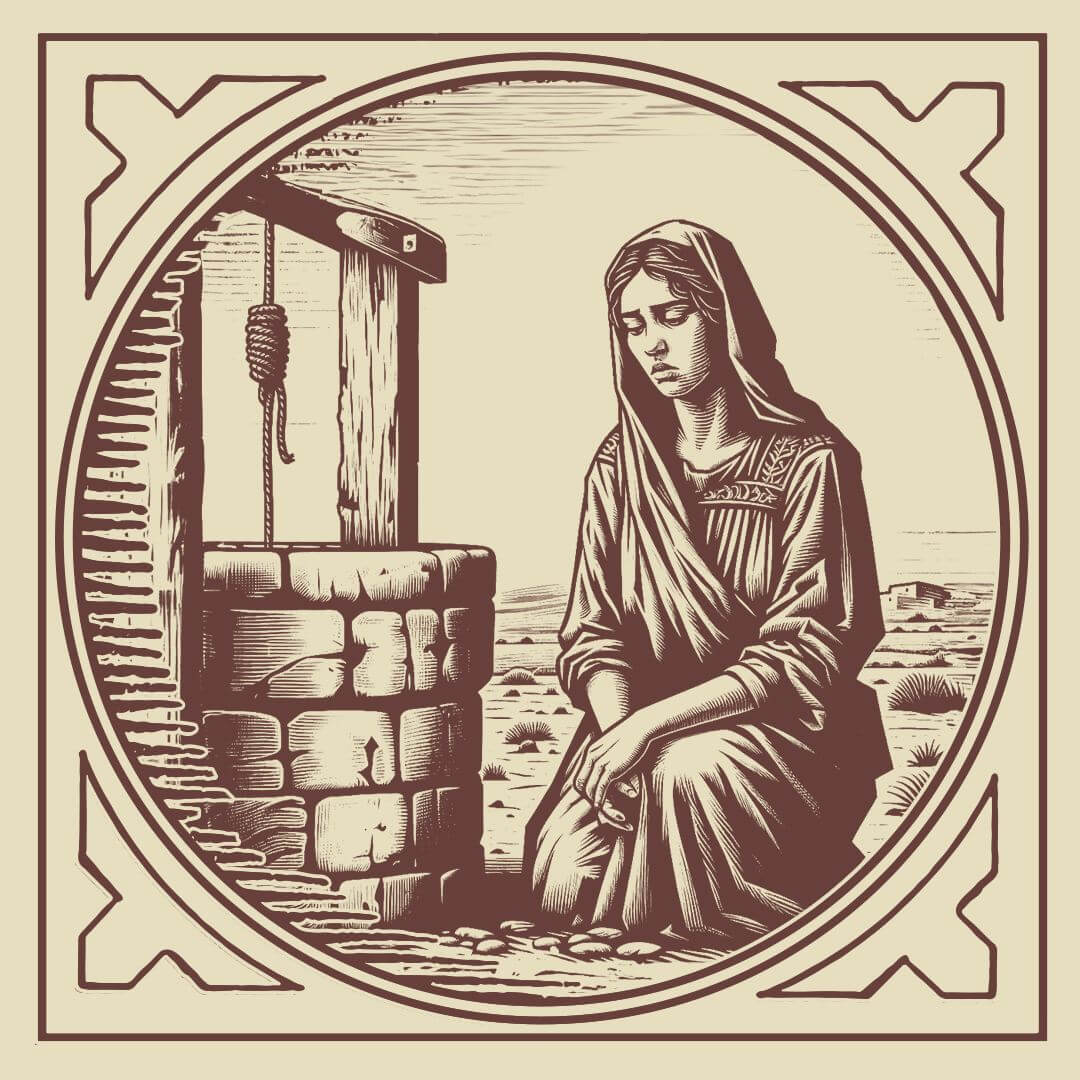
Evangelism Among the Marginalized: Jesus’ Heart For The Lost
Redefining Evangelism: From Popularity to Humility
I have been engaged in evangelism for a long time, undertaking efforts under bridges with the homeless, going door to door, in coffee shops, and on stages. Early in this journey, I focused a lot on evangelism in public high schools. I thought if I could engage the popular kids – the jocks, the cheerleaders, those relatively charismatic and confident – then we could win the school for Jesus! However, later in my life, I found the opposite to be true. God is not looking for articulate and polished personalities to lead a revolution; He is looking for the meek and lowly.
Jesus and the Samaritan Woman: An Illustration of the Gospel’s Reach
This truth is vividly illustrated in John 4:1-26, where Jesus goes out of His way to meet the woman at the well. His disciples head into town, and Jesus waits by the town well in the heat of the day. A Samaritan woman comes to draw water. Note that, in the days of Jesus, women were not valued as highly as men. Moreover, she was a Samaritan, a group viewed with more disdain by the Jewish people than even the Gentiles, due to their past unfaithfulness to God. As the story unfolds, we learn that this woman had been divorced five times and was now cohabitating with a man she was not married to. Under Samaritan adherence to Mosaic law on marriage, this woman could not have initiated her divorces, as only men were allowed to issue a certificate of divorce (Deuteronomy 24:1-4). Her reputation would have been tarnished by these divorces, an utter disgrace, even among the Samaritans. This likely explains why she was drawing water in the middle of the day.
Targeting the Marginalized: Jesus’ Radical Approach
Jesus intentionally sought out this woman – a Samaritan, a person of disgrace, living in sin and shame. He targeted what society considered the lowest on the proverbial totem pole. Jesus went out of His way to find the most marginalized person in the most marginalized culture and revealed His messianic identity to her before anyone else!
The Gospel of the Kingdom turns everything upside down! It reaches out to the widow and orphan, the neglected and destitute, the poor and marginalized, elevating them to the status of kings, priests, and prophets of the Most High. As it turned out, this woman brought her city to Jesus. We find in verses 28-30, “leaving her water jar, the woman went back to the town and said to the people, ‘Come, see a man who told me everything I ever did. Could this be the Messiah?’ They came out of the town and made their way toward him.”
Community Transformation Through a Marginalized Witness
Later, we see that through this woman’s testimony, “Many Samaritans from that town believed in him because of the woman’s testimony, ‘He told me everything I ever did.’ So when the Samaritans came to him, they asked him to stay with them, and he stayed there two days. And many more believed because of his word” (John 4:39-41).
In my experience, when you reach out to the marginalized, God uses them to impact their communities profoundly. But let’s be clear: Jesus sought out this woman not for what she could give to Him, but for what He could offer her. Regardless of outcomes, the Gospel of the Kingdom targets the marginalized. Beloved, who are the most marginalized in Ada? Are they not the poor, the homeless, the addicted? The Gospel of the Kingdom demands that we dedicate our lives to them, proclaiming ‘repent, for the kingdom of God has come.’ In doing so, we will witness the Gospel of the Kingdom transform Ada.
